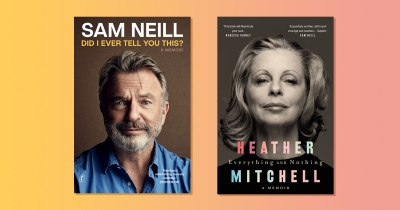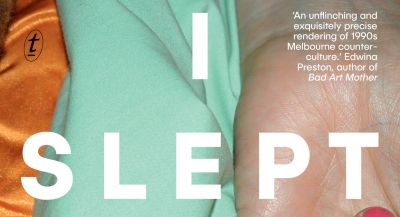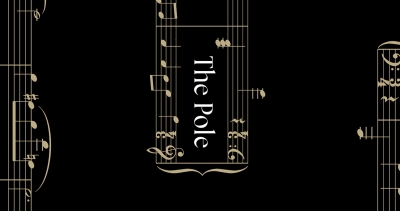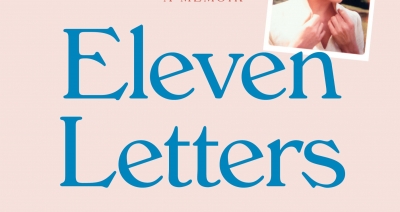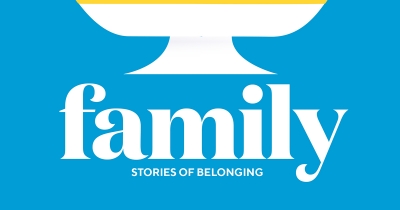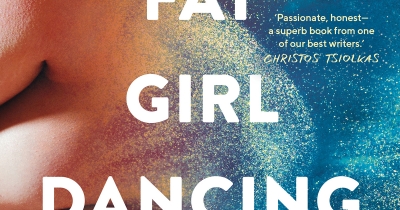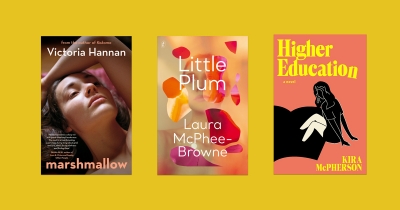Whether or not you have read literary critic Harold Bloom, you have likely heard the term ‘anxiety of influence’, coined in his 1970s book of the same name. There and in The Western Canon (1994), Bloom proposes a vision of creativity inspired by Freud, the Romantics, and the Ancient Greeks, in which great men throughout history wrestle one another for poetic supremacy. Creative production is a violent, Oedipal struggle in which only a ‘strong’ poet can overcome the influence of his forebear. And yes, it is almost always a ‘him’. In The Western Canon, only four women in history make the cut in a list of twenty-six, mostly English-language, writers whom Bloom deems central to Western civilisation (Shakespeare, Proust, Beckett, etc.). My nit-picking would no doubt have annoyed Bloom, who rankled at what he called the School of Resentment – feminist, Marxist, and race studies scholars who kept tampering with the canon in the name of social justice. For him, aesthetic value transcends these concerns and can be objectively assessed. Some people (almost always male) are simply geniuses.
...
(read more)

